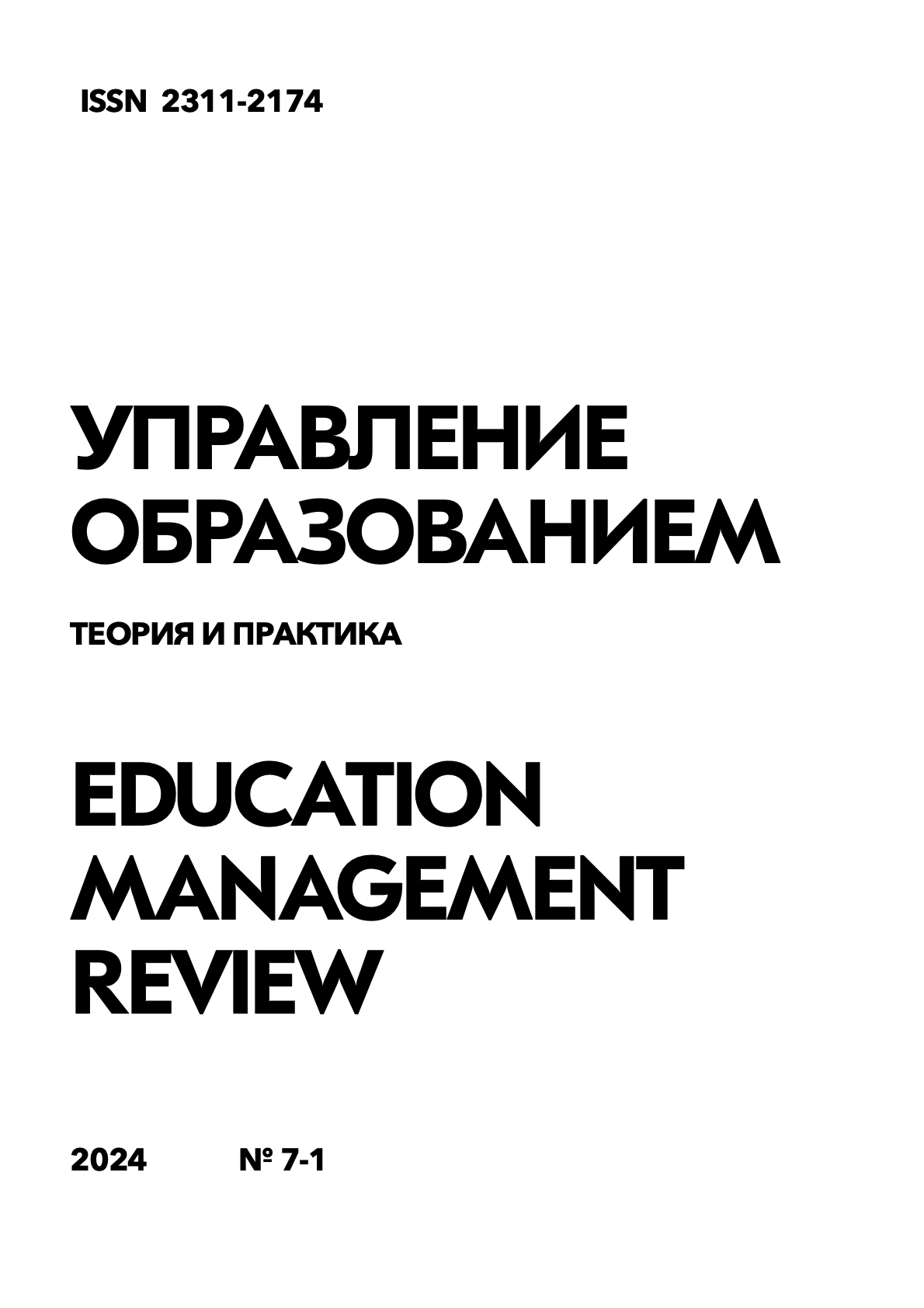Innovative strategies for the formation of metacognitive skills among students in the context of digital transformation of higher education
Keywords:
metacognitive skills, digital transformation, higher education, innovative educational strategies, electronic portfolio, interactive diary, adaptive feedback.Abstract
In the context of the rapid digitalization of the higher education system, the problem of developing students' metacognitive skills is of particular importance. The analysis of modern scientific literature indicates that the theoretical and applied aspects of this issue are insufficiently developed. The purpose of the study is to develop and test innovative strategies for the formation of metacognitive skills among students in the context of the digital transformation of universities. The research is based on the integration of competence-based, activity-based and metacognitive approaches. The empirical part of the work included a pedagogical experiment (n=120), questionnaires, testing, statistical data processing (Student's t-test, Mann-Whitney U-test). Three key strategies for the development of metacognitive skills in the digital educational environment have been identified: 1) reflective electronic portfolio; 2) interactive metacognitive diaries; 3) adaptive feedback systems. Their effectiveness has been experimentally proven (p<0.01). The results obtained make a significant contribution to the theory and methodology of vocational education. The proposed strategies can be widely applied in the practice of universities. The prospects for further research are related to the study of the long-term effects of these strategies.
References
Айсмонтас Б.Б., Одинцова М.А. Инновационные технологии обучения в высшей школе // Психология в вузе. 2019. № 2. С. 9-24.
Антипенко О.Е. Метакогнитивные стратегии в структуре учебной деятельности студентов // Вестник Полоцкого государственного университета. Серия Е: «Педагогические науки». 2018. № 15. С. 21-26.
Бызова В.М., Перикова Е.И. Метакогнитивные стратегии преодоления трудных жизненных ситуаций при разных уровнях самоорганизации деятельности // Вестник Санкт-Петербургского университета. Психология. 2019. Т. 9. № 1. С. 22-38.
Величковский Б.Б. Возможности когнитивной тренировки как метода коррекции возрастных изменений когнитивного контроля // Экспериментальная психология. 2019. Т. 9. №. 3. С. 35-50.
Карпов А.В., Скитяева И.М. Психология метакогнитивных процессов личности. М.: Изд-во «Институт психологии РАН», 2020. 468 с.
Формирование метапредметных компетенций студентов в системе высшего образования: колл. моногр. Под ред. Н.П. Ходаковой. Ставрополь: Изд-во СКФУ, 2018. 172 с.
Шиянов Е.Н., Котова И.Б., Поддубный Н.В. Теоретико-методологические основы метакогнитивного мониторинга образовательной деятельности в вузе // Российский психологический журнал. 2017. Т. 10. № 2. С. 60-73.
Flavell J.H. Metacognition and cognitive monitoring: a new area of cognitive-developmental inquiry // American рsychologist. 1979. Vol. 34. pp. 906-911.
Hsu Y.S., Wang C.Y., Zhang W.X. Supporting technology-enhanced inquiry through metacognitive and cognitive prompts: Sequential analysis of metacognitive actions in response to mixed prompts // Computers in human behavior. 2017. Vol. 72. pp. 701-712.
Meijer J., Veenman M.V.J., van Hout-Wolters B.H.A.M. Multi-domain, multi-method measures of metacognitive activity: what is all the fuss about metacognition … indeed? // Research papers in education. 2012. Vol. 27. No. 5. pp. 597-627.
Schraw G., Dennison R.S. Assessing metacognitive awareness // Contemporary educational psychology. 1994. Vol. 19. № 4. рp. 460-475.
Sellen A.J., Louie G., Harris J.E., Wilkins A.J. What brings intentions to mind? An in situ study of prospective memory // Memory. 1997. Vol. 5. № 4. рp. 483-507.
Tobias S., Everson H.T. Knowing What you know and what you don't: further research on metacognitive knowledge monitoring. Washington: College Entrance Examination Board, 2002. 24 p.
Veenman M.V.J. Learning to self-monitor and self-regulate // Handbook of research on learning and instruction. Eds. by R. Mayer, P. Alexander. NY: Routledge, 2011. pp. 197-218.
Young A., Fry J.D. Metacognitive awareness and academic achievement in college students // Journal of the scholarship of teaching and learning. 2008. Vol. 8. № 2. pp. 1-10
Downloads
Published
How to Cite
Issue
Section
License

This work is licensed under a Creative Commons Attribution-NonCommercial-NoDerivatives 4.0 International License.




